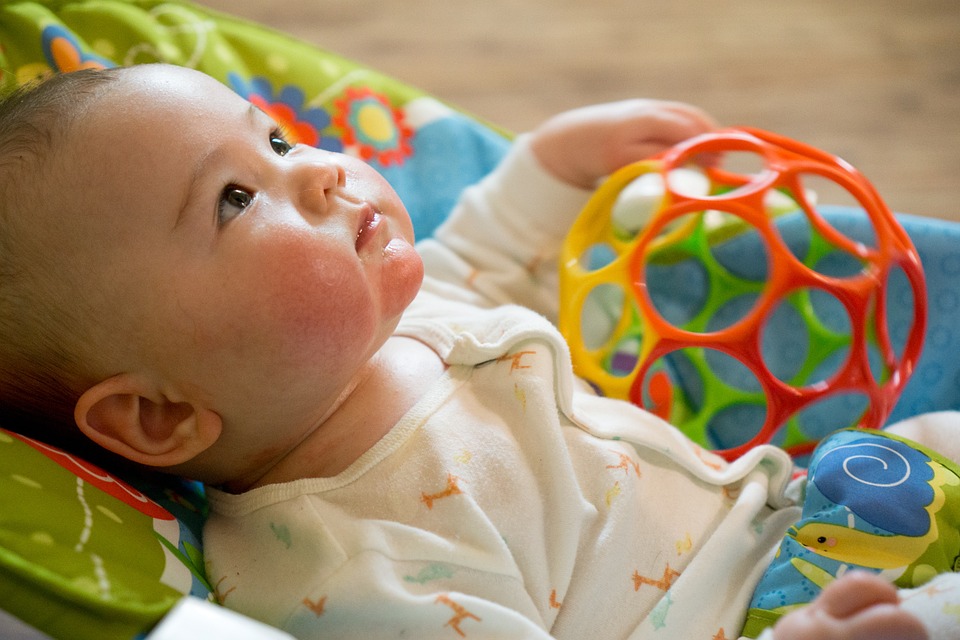
Visiting daycares can be daunting. Some expectant parents might feel the weight of the responsibility to choose The Best Daycare without knowing exactly what that looks like. We’re here to help, and composed a step-by-step guide to choosing a daycare , a printable Daycare Spreadsheet, and this set of interview questions to ask caregivers once you’ve narrowed your search.
How does communication work? Do they use daily printouts of baby’s activities during the day? Will they email pictures? Do they produce a newsletter?
What is the sick policy? Weak sick policies don’t necessarily mean you won’t have to stay home less with a sick child. It might mean your baby will be sick more.
Does the center close any weeks for training or vacation? Some small shops may close 2-4 weeks a year, with varying payment policies. This might choose your vacation time for you.
Are you required to pay for days your child does not attend? Some daycares let you take weeks off for vacation without paying and some wont.
What is their security? Are there security codes or badges?
Do they have an open-door policy on parent visits?
What supplies must you provide? Most daycares ask you to provide diapers, crib sheets, wipes, extra clothes, pre-made bottles, cereal, and other things. Ask how labeling works and how they will communicate if supplies run low.
How do they deal with allergies?
Do they have flex care options or additional hours?
Do you need a contract?
What is the turnover rate for teachers?
Are teachers CORI formed?
What are teacher certifications?
Does anyone smoke? If so, where?
How do they calm a fussy baby? What happens if a baby cried inconsolably?
What is the discipline policy?
What are the age groupings? What is the theory behind the groupings, and when do children advance?
What is the caregiver-to-child ratio? Is there an open floor plan so instructors who need a break or could use an extra hand get additional support?
How is each day structured? Ask about curriculum, enrichment opportunities, and organization.
How do they encourage language development?
How do they encourage gross and fine motor skills?
What art and science is incorporated for older children?
-Do they incorporate extracurriculars? Do Spanish, music, or dance teachers come in, and does is cost extra? Do they offer swim lessons or sports?
Do they wash toys every time they go in any mouth? How often is everything wiped down? How are soft toys washed?
How often are sheets changed, and are they washed on site or sent home? Will an infant ever share a crib with another infant?
Is there a separate room for infants? Until what age?
Is there child-made art up or does it look like they raided the clearance aisle in Staples? Are the decorations season-appropriate or stagnant?
How often are baby swings used? Look for swing and appliance-free areas or “least-restrictive” environments that encourage babies to spend most of their time on mats where they can move, squirm, crawl, have tummy time, explore, socialize, and learn.
How is the room organized? Toddler and preschooler areas should be organized into stations (i.e., the art station, the blocks station, the sand station, the dress-up station, etc.) This helps your child learn focus (one task at a time), responsibility (you have to clean up before you can move), social skills (working together with others at one task), organization, and whatever the task itself if teaching her.
Is there outdoor play space available? How often do children go outside?
How does the introduction to solids work?
Do they brush children’s teeth? MA state law requires daycare providers to brush children’s teeth after meals because gum disease is the most prevalent childhood disease.
How do they heat bottles? Microwaves and crock pots can be unsafe.
How is breastmilk handled? (It should be kept separate from other milk, labeled, and providers should use gloves while giving bottles.)
Where are babies fed in relation to where they are changed?
Do teachers wash their hands or change gloves after every diaper change? MA state law requires that they do.
How is potty training supported?
Looking for more resources for expectant parents who plan on returning to work? Check out our New Parent Work Program!